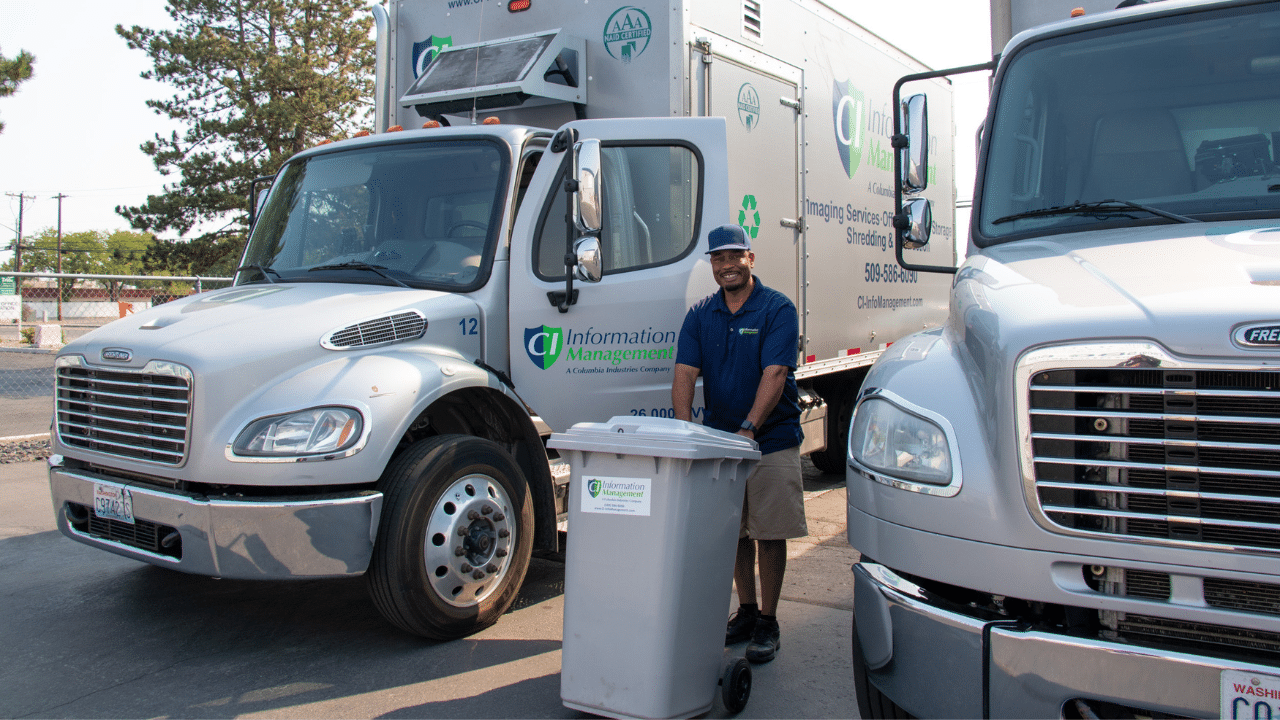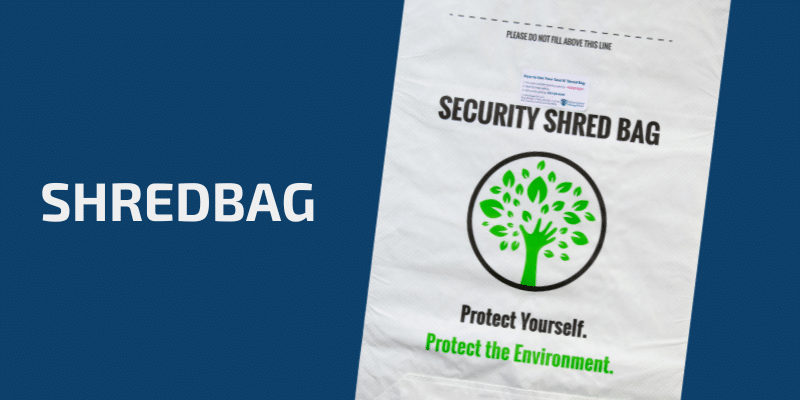 The holiday season will look different this year as COVID-19 infection rates keep rising. You can still make holiday purchases from the convenience and safety of your home, but not without risks. In fact, FBI Deputy Assistant Director, Tonya Ugoretz, says there has been more than a 300 percent increase in cybercrime since the pandemic started.
The holiday season will look different this year as COVID-19 infection rates keep rising. You can still make holiday purchases from the convenience and safety of your home, but not without risks. In fact, FBI Deputy Assistant Director, Tonya Ugoretz, says there has been more than a 300 percent increase in cybercrime since the pandemic started.
In this blog, we offer seven tips for protecting your identity during the holiday shopping season.
1. Think before You Click
Shopping has never been more convenient. But not all online retailers are legitimate. Scammers often set up fake sites to steal personal information. Make sure the site you’re buying from has SSL (Secure Sockets Layer) encryption. Look for https:// and a padlock icon in the address bar before buying anything on a website.
2. Collect Your Mail and Packages
Incidences of mail fraud and theft have risen during the COVID-19 pandemic as more Americans buy online. Lock your mailbox to prevent thieves from stealing your mail. Set incoming shipment and delivery alerts with FedEx, UPS, and the US Postal Service so you know when your packages have been delivered.
3. Shred Instead of Tossing
Items that land in a curbside trash or recycling bin are free for the taking. Shred all documents with sensitive personal and financial information. Take your documents to a drop-off paper shredding location for an added layer of identity theft protection.
4. Safeguard Your WiFi Router
Your WiFi router can offer scammers an easy pathway to your personal information. Protect your router with a firewall, WPA2 encryption, and a secure password.
5. Exercise Caution When Paying in Person
Although you may do less in-store shopping this year, swiping your debit or credit card at POS (point of sale) terminals still poses a risk. Using a chip reader is more secure than swiping your card. When paying at the pump or using an ATM, wiggle the card reader housing to make sure a scammer has not installed a skimmer at the terminal. Skimmers are often poorly installed.
6. Do Not Overshare
Scammers scour social media sites to steal personal information. Do not share your birthday or other personal information on Facebook, Twitter, or Instagram. Don’t share when you will be on vacation or away from home. Update your security settings so your posts are only shared with friends and family.
7. Request a Free Credit Report
Keeping a close eye on your credit can protect you from identity theft. You are entitled to a free annual credit report from one of the three major credit bureaus. If you have not reviewed your credit this year, request your report now from Experian, Equifax, and TransUnion.
CI Information Management provides shredding and destruction services throughout most of Southeastern and Central Washington state, as well as Northeastern Oregon.
For more identity theft prevention tips, please call us at 509-586-6090 or complete the form on this page.



